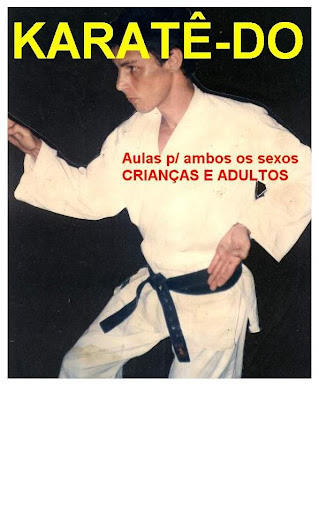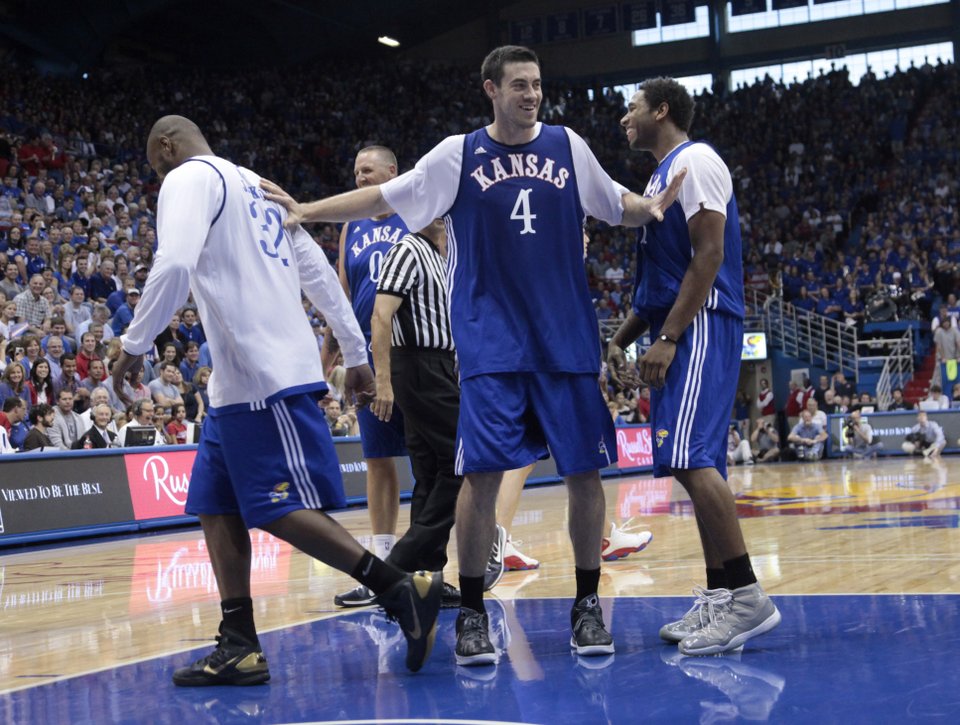

But the work of politicians might become the work of governing.

If the news covered only the proposal and passage of specific legislation-or the proposal and enactment of specific policy-we would have little news, and audience interest would quickly fade. This transformed politics from an industry of policy and legislation into an industry of emotion and entertainment. To meet our demand for newness and stimulation, we refashioned public life as a ritual sequence of pseudo-events.

Take away the pseudo-event and what is left to fill the news? To make up for the non-glut of occurrences. It is not that pseudo-events are always uninteresting or meaningless but that they are always not news. News analysis is a second-order pseudo-event, not an event per se but the dissection of pseudo-events: that is, theater criticism. Some familiar examples: the speech, the rally, the press conference, the briefing, the ribbon cutting, the political announcement, the political response, the interview, the profile, the televised debate, the televised argument, the televised shouting match, the televised roundup of other televised events, the official expression of outrage, remorse, righteousness, fear, sanctimony, jingoism, smarm, or folksiness. What is a pseudo-event? They are everywhere we hardly notice. “We need not be theologians,” writes Boorstin, “to see that we have shifted responsibility for making the world interesting from God to the newspaperman.” The chief tool in this new labor is the pseudo-event. In his 1962 book The Image, Daniel J. Boorstin explains, “There was a time when the reader of an unexciting newspaper would remark, ‘How dull is the world today!’ Nowadays he says, ‘What a dull newspaper!’ ” The first American paper, Benjamin Harris’s Publick Occurrences Both Forreign and Domestick, committed to appearing only once a month-or “oftener ‘if any Glut of Occurrences happen.’ ” Clearly, things have changed. But what is important? What’s in the news. Then boredom decides? Boredom and a sense of what’s important. Not entirely? It matters what people read and watch-you can’t bore them.

Editors dictate consequence? Not entirely. Why? Its consequence is ensured. Ensured. And this has been measured? What? The relationship between what is covered in the news and what is consequential. Important in what sense? In being consequential. But everything is new: a flower blooms a man hugs his daughter, not for the first time, but for the first time this time . Beginning in 1979, Stokes recorded television around the clock for over thirty years. Stills from Recorder: The Marion Stokes Project, which is currently screening at Northwest Film Forum, in Seattle.


 0 kommentar(er)
0 kommentar(er)
